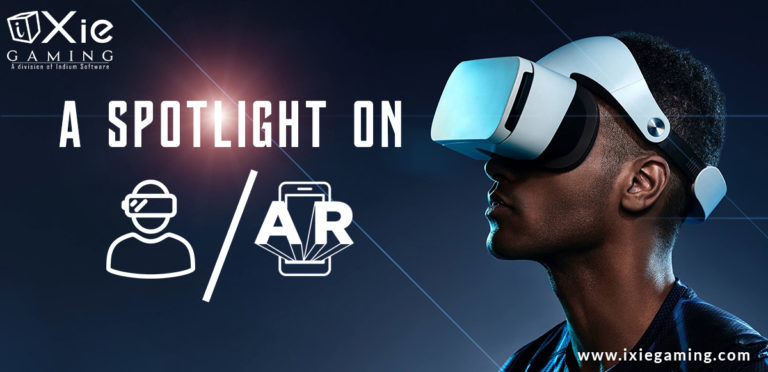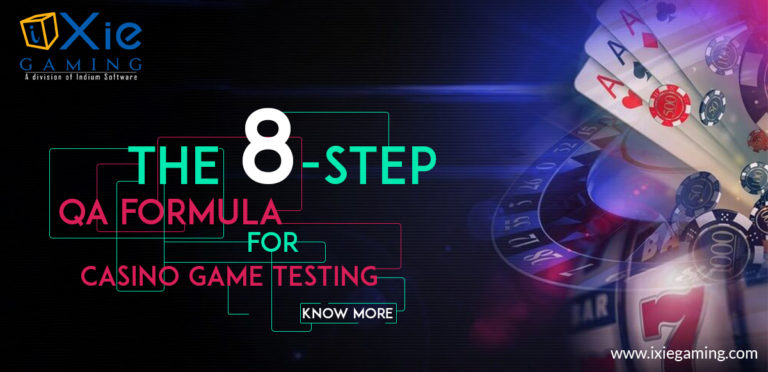The gaming industry is ever evolving, with new trends emerging constantly. Game developers are under constant pressure to reach a wider audience and expand their market coverage. One of the strategies adopted to reach a broader audience is porting games. Whether you’re an upcoming game developer or an expert, understanding game porting is crucial to remaining relevant and competitive in today’s gaming world.
Game porting is a multifaceted process that involves numerous intricacies and details. The specifics of each game vary depending on various parameters, such as the source and target platforms and creative license used. But what is game porting? Why is it important for your video game? And what are some essentials you must consider before releasing the game? Let’s find out.
What is Game Porting?
Game porting involves adapting a game initially designed to run on a specific platform to run on another or several other platforms. For instance, if you developed your video game to run on the Windows operating system, you’ll need to port it to run on other operating systems like Linux and MacOS.
Also, you may need it to run on other platforms like mobile devices and gaming consoles. The ultimate goal of porting your game is to make it more accessible by extending its reach to multiple platforms and devices.
Why is Game Porting Important?
Porting games is essential in the gaming industry as it provides numerous benefits to players and developers. After creating the game, the next thing you think about is expanding its market reach. And that’s where game porting comes in.

Game porting opens up new opportunities for developers, enabling them to target multiple platforms. This expands the player base. Apart from this advantage, here are several reasons why game porting is crucial:
1. Enhanced Brand Visibility
Game porting can increase the developer’s brand visibility. When your game is widely available across multiple platforms, it becomes famous and attracts attention from the media and gaming community. This improves the brand’s profile among gamers, promoting player trust and loyalty.
2. Future-Proofing Your Game
We live in an increasingly dynamic world where everything can change more rapidly than you can ever imagine. The gaming industry is no exception to this trend, with new technologies and platforms emerging regularly. Porting games to several platforms enables you to future-proof your creations by diversifying their reach. This helps retain the games’ relevance and accessibility over the years.
3. Maximizing ROI and Increasing Revenue
Creating a video game requires you to invest time and other resources. From a business perspective, you aim to gain returns on investment (ROI). Game porting enables you to maximize ROI by leveraging the game’s success throughout different platforms.
Also, with a broader audience comes multiple streams of revenue. Releasing your game on several platforms increases your sales, generating ongoing revenue from downloadable content and in-game purchases, among other game monetization strategies.
4. Preservation of Games
As game software and hardware become outdated, older games may be inaccessible to players. Game porting enables developers to preserve old games by adapting them to new, modern platforms. This ensures games stay relevant and playable by current and future generations.
5. Create Collaboration Opportunities
Porting games often requires you to collaborate with other platform owners, developers, and publishers, to mention a few. This collaboration can create new opportunities, like distribution partnerships, cross-platform game projects, and joint marketing agreements.
Top 5 Essentials to Consider Before Releasing Ported Games
Now that you know what porting games means and its importance in the gaming industry, let’s focus on the essentials to consider before releasing ported games.
1. Test for Platform Compatibility
The last thing you need is to release a ported game that doesn’t run smoothly on specific platforms. And that’s where platform compatibility testing comes in. Ensure your game runs seamlessly on the target platform(s) without significant performance issues or crashes.
Consider optimizing the code and assets to match the new platform’s hardware capabilities. Also, test the game on multiple devices within the same platform to account for differences in hardware specifications.
2. Control Adaptation and User Interface (UI)
The user interface and controls are critical determiners of your game’s success and acceptance among players. Customize the controls and UI to suit the target platform’s input methods, such as touch screen, motion controls, and keyboard. This often requires you to redesign control schemes, buttons, and menus.
Ensure all UI elements are properly displayed and scaled for different aspect ratios and screen sizes. This will help deliver a seamless gaming experience across all platforms.
3. Optimize Performance
There may be performance variations when you port games. Therefore, you must optimize the game’s performance for each target platform. This may involve adopting strategies such as:
- Modifying graphics settings.
- Implementing adaptive resolution scaling.
- Minimizing resource-intensive effects.
In this case, aim for a smooth, consistent frame rate to provide an enjoyable gaming experience.
4. Localization and Certification
We live in an interconnected world. Your game can be played in regions far away from the production point. So, when porting the game, ensure it is accurately localized for the target audience. This may include translating texts, voiceovers, and cultural adaptations when necessary.
Also, prepare your game for platform-specific certification processes, including those required by console manufacturers (e.g., Sony and Nintendo), distribution platforms, or application stores.

5. Quality Assurance Testing
When porting games, game QA is crucial. It helps you identify and fix platform-specific glitches, bugs, and compatibility issues. During the QA testing, consider both usability and functionality testing.
Also, pay close attention to the gameplay balance. Remember, changes in controls and hardware from one platform to another can impact the player’s experience.
Final Thoughts
Porting helps unlock the full potential of your game across multiple platforms. However, the process requires you to maintain clear communication between relevant parties. Also, note that porting games demands time, expertise, and resources. Therefore, rushing the process isn’t recommended, as it can lead to undesirable results and unsatisfactory player experiences. Following these five essentials can increase the probability of successfully porting games that delight players on the target platform.
Planning to deliver engaging and highly immersive games to players worldwide? iXie’s would be the right choice with massive experience in the gaming industry over the past decade.






